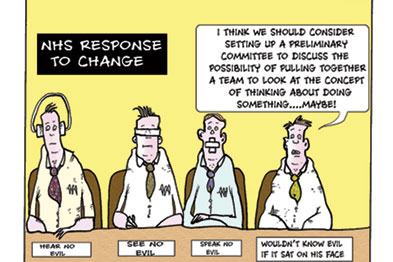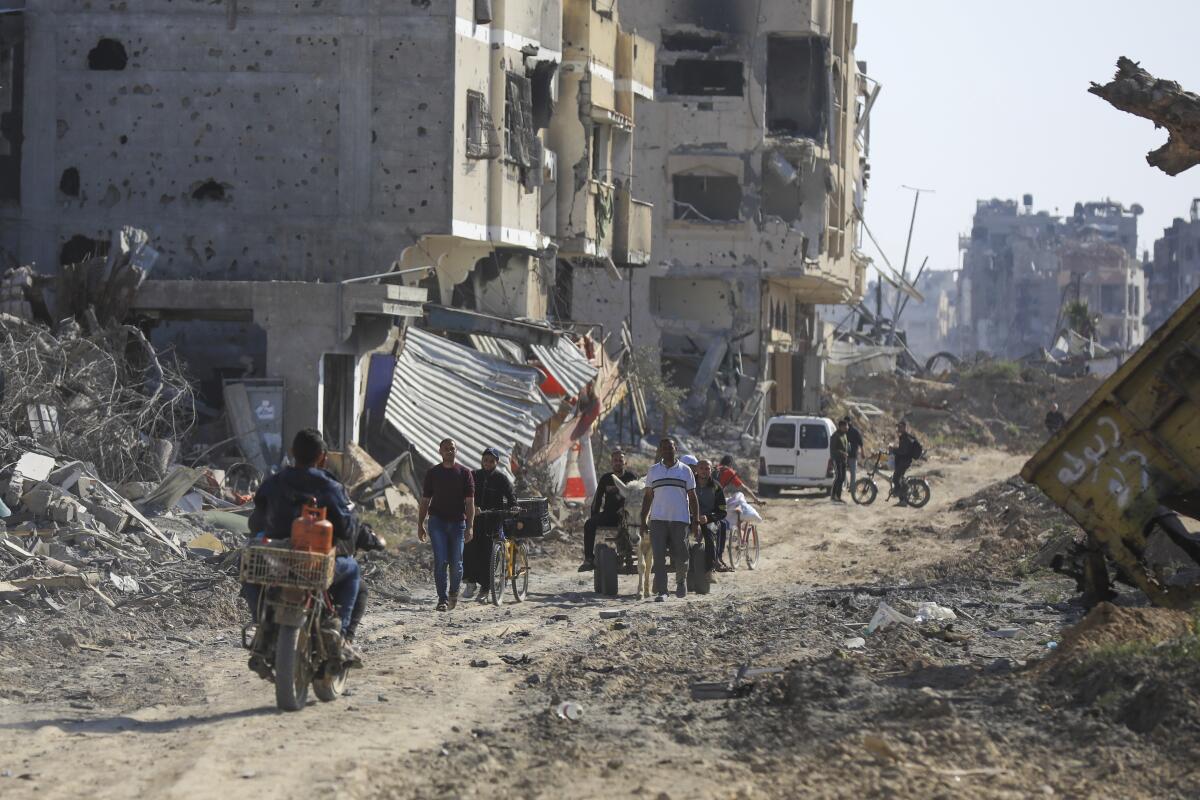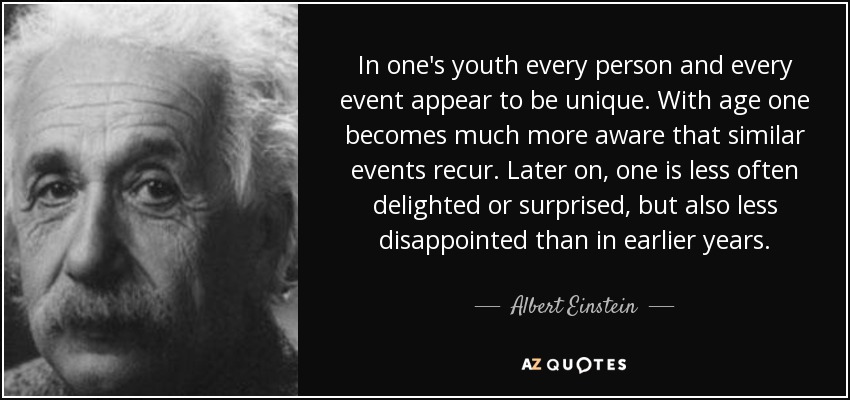I think we all benefit from simple messages.
Personally I don't find maths easy, but I do understand visual graphs & charts. I like simple explanations of things, for example Prof Spieglehalter is my icon of easy to understand. Similarly I'm a fan of "More or Less". What I really dislike is the modern technique of political interviewing, as exemplified by some of the presenters of the "Today" & "PM" radio 4 programmes. To be fair, it must get really irritating when politicians simply don't answer the question, but trot out the response they have been programmed to put across, which may or may not have any relevance to the question. Interruptions & speaking across eachother is extremely annoying to the listener.
Our world & it's problems are very complicated. If I consider the Climate Emergency, the current ongoing wars, food security, wealth distribution.... none of them are simple. It is almost impossible to give a black & white synopsis of the information we have. I doubt that one person can grasp the total picture & certainly no one could put forward an easy solution that would work. We need teams of expertise to reach consensus in decision making. So I have no issues with advisors, so long as they are qualified to advise.
So people like me, who are interested in what is happening to our world & what the solutions & outcomes might be, can become confused by the warring voices. Not least because there are "bad actors" who quite deliberately muddy the waters. Who do we believe? Who do we trust?
It isn't simply a question of trust. Our individual lives are busy & complicated. Just dealing with the everyday can be time consuming & difficult. How many of us have the time to verify what we are being told? Why should we have to? But we no longer trust governments & politicians. We don't trust the press & the media. We don't trust the Police. Unbelievably, many do seem to trust Influencers & Social media despite the evidence to the contrary.
I don't expect those with power in charge of government or multinational companies to always get it right. They should be allowed to make mistakes & change their minds, that is human.
But I do expect them to be open, truthful & take responsibility to put the mistakes right. That seems to be really difficult for them to do because they overridingly want to protect their power, position & wealth.
What is the answer? The only one I can think of is oversight bodies that actually do their job properly, with the power to hold anyone to account & operate sanctions if appropriate. But seeminly the bodies that we have are unable or unwilling to actually do their job. Hence all the "Special Enquiries".
Our society is in a mess & so is our planet. But we do have the intelligence to put it right. The public just need to get their act together to force change.



